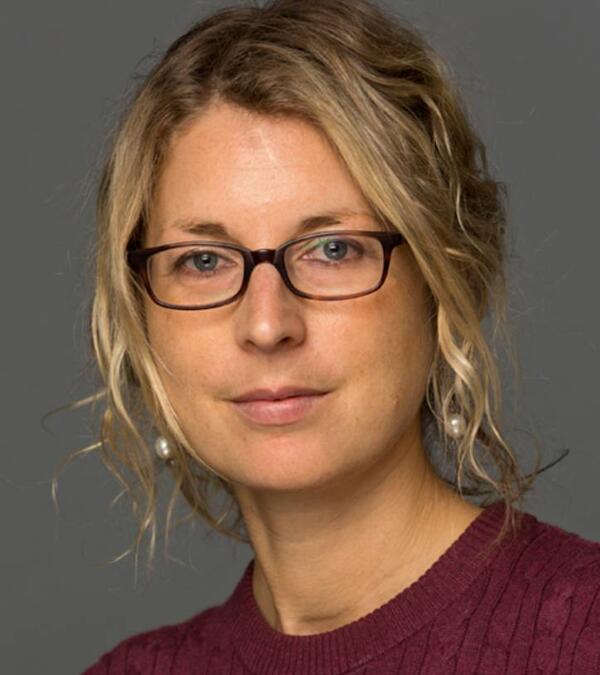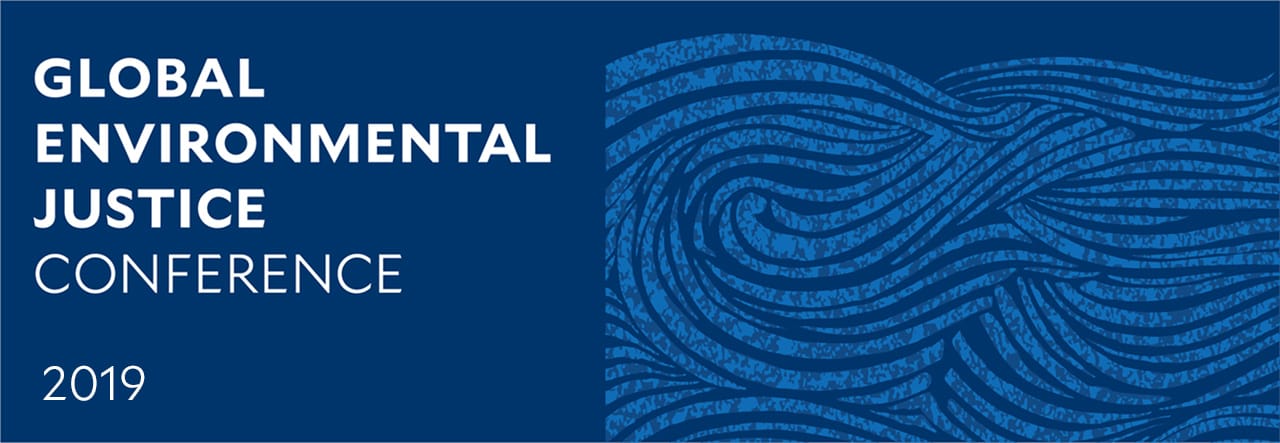Julia Morris

Julia Morris
Assistant Professor
Department of International Studies
University of North Carolina Wilmington
Department of International Studies
University of North Carolina Wilmington
My work looks at cross-overs and continuities with forms of resource extraction, questioning how productive alliances can be made between environmental and immigration social justice projects.
Type of work: Abstract
With the political potency of migrant and refugee demonization, governments have brokered trade deals to extend the geographies of asylum into new sites far beyond their borders. This paper draws on fieldwork conducted in the Republic of Nauru to explore the Australian government’s practice of outsourcing asylum to Pacific island nations. Nauru, the world’s smallest island state, was almost entirely economically dependent on the phosphate industry in the twentieth century, remodeled as an Australian colonial company town. After the wealth it derived from phosphate extraction was depleted post-independence by the 1990s, the sovereign state resurged on the back of the refugee industry, importing Australia’s maritime asylum seeker populations. Anyone who makes their way by boat and claims to be a refugee in Australian territorial now excised waters is offshored to Nauru for refugee processing and resettlement. In this paper I look at the overlaps between Nauru’s colonial and postcolonial enterprises around once processing phosphate and now processing refugees in order to understand the deep environmental and human consequences of mineral and migrant resource sectors.
The paper shifts the analysis away from a socio-legal or humanitarian frame towards a political economic approach centered on resource extraction, bringing to the fore questions about patterns of accumulation and imperial dependency that induce some countries to take on hazardous extraction projects over others. Ultimately, I argue that refugees are an industry that has had a hugely negative impact on local and refugee populations in Nauru. By focusing on the political and moral economies that operate in Nauru with regard to refugees, the article shows the continuities between a history of resource extraction on the island and the extractive logics applied to refugees.
Work Product: Presentation
Violence and Extraction of a Human Commodity: From Phosphate to Refugees in the Republic of Nauru
Work Areas:
Community-based research, Extractive Industries, Migration and human mobilityPeople and Partners
Yale Center for Environmental Justice
Yale School of the Environment
Kroon Hall
195 Prospect Street
New Haven, CT 06511
Email: ycej@yale.edu
Yale School of the Environment
Kroon Hall
195 Prospect Street
New Haven, CT 06511
Email: ycej@yale.edu





